So, let’s say you are in the market for a new tabletop game. It could be that your current campaign has concluded and you want to try something new, it could be that you’re tired of playing in the same genre, or it could be that your go-to just isn’t quite as fun as it was at one point (this has personally been happening to me lately, so I can relate.)
With the wide variety of role playing games that are on the market, it can be a bit daunting getting started with a new game. How much will it cost? Who might want to play with you? What tools do they have available for new players and game masters?
As somebody that has rapidly been branching out from just fantasy games into the weird, wacky and amazing worlds of TTRPGs, I wanted to share a few tips that have been really helpful in finding the games that I will be playing for years to come.
Tip 1: Look for quick starts
A huge deciding factor for me personally is how much will a game cost to purchase? Let’s look at starting with D&D as a quick example, which typically asks new groups to have a Player’s Handbook, a Dungeon Master’s Guide and a Monster Manual. Three books, which if you get new copies of, can be a bit costly, but will last you for a while.
But what if you just want to see how the core rules of a game work? Luckily, a lot of games out there have quick starts or demo versions available, usually completely for free. What I’ve seen from quick starts is that they usually have the main rules groups will need to know about in order to play, some pre-generated characters that are available for players, and a short scenario which can usually be completed in one sitting, though some that I’ve seen can run a bit longer than that.
One of my personal favorite quick starts that I’ve seen comes with Cyberpunk Red. While it does not have all of the in-depth rules for character creation or modification, it includes a lot of rules for playing the game and includes juicy bits of lore so you can get a sense of what the world feels like to play.
The best part about quick starts is that they are designed to be easy to glance over and simply play. This can be a great way to pitch a new game to your group and give it a shot without requiring any kind of financial investment. If you have a good time with it or the game seems generally interesting, then go ahead and buy the core rulebook for that game!
Tip 2: Find an IP you are passionate about
These days, it feels like it is getting harder and harder to find a property that does not have a tabletop tie-in. The good news though is that if there is something that you really, really enjoy, you can now run a game set in the world that you love and tell the story that you wish you could see there.
While it may be a bit daunting to get a group to play in a world they know nothing about, I can say that sometimes your passion can win people over, and take this from somebody that has been pitching the Dishonored RPG to people.
What is also cool about taking this approach is that it can also deepen your understanding of that property, usually revealing bits and pieces of deeper lore that may not be present, as these game developers tend to work with the companies that produce these products.
Another point along with this is to find a genre that really clicks with you. For me, it’s sci-fi, so I tend to look around for that specific genre and games alongside it, and that is how I landed with a copy of the Alien tabletop game.
Tip 3: Ask around
I know, this is probably not all that helpful and it is a bit more generic, but sometimes that table that you share has people that have tried a wide variety of games that they can recommend that your group tries out. Ask them about it; what makes that game stand out? What is fun about it? Would they be willing to run it for your group?
If you want even more experience, I would encourage you to visit your closest local game shop. Sometimes the people that work in these stores have an extensive background in tabletop gaming, and likely have great pointers for you. Additionally, this can be a way to help you find a community that is equally curious about new games, and you can find more people to talk with on a regular basis.
There are also some incredible people on various social medias that have varied gaming backgrounds who can likely point you in a good direction for finding a new game that has exactly what you want in it.
There are a ton of great games out there, and I truly hope you put these tips to use and they help you find the one that has everything you want in it.

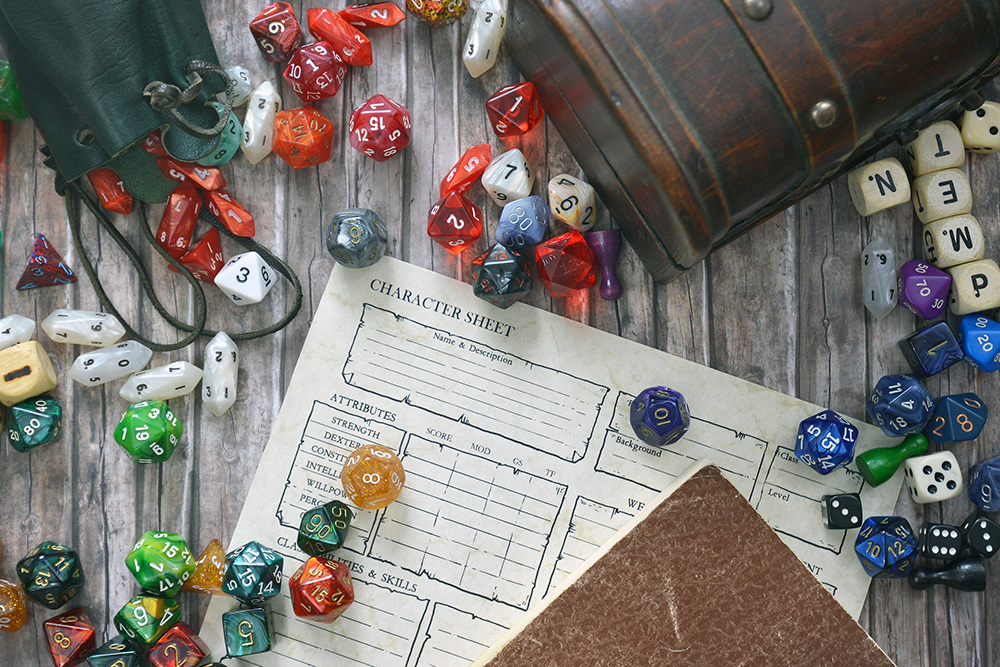

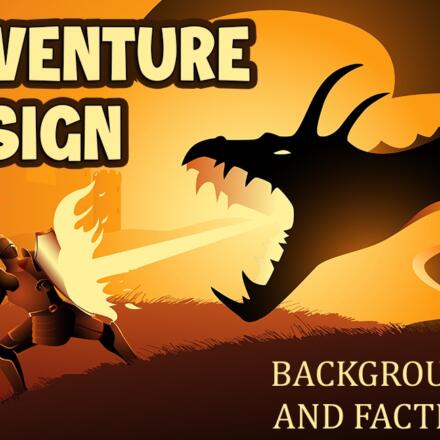

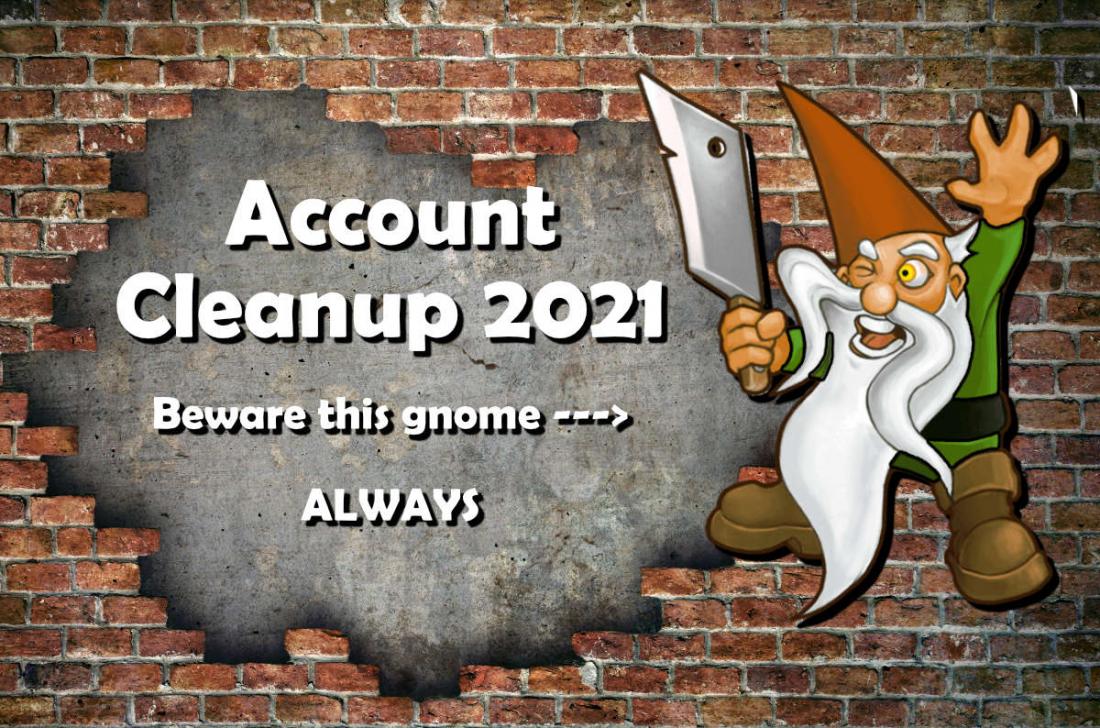
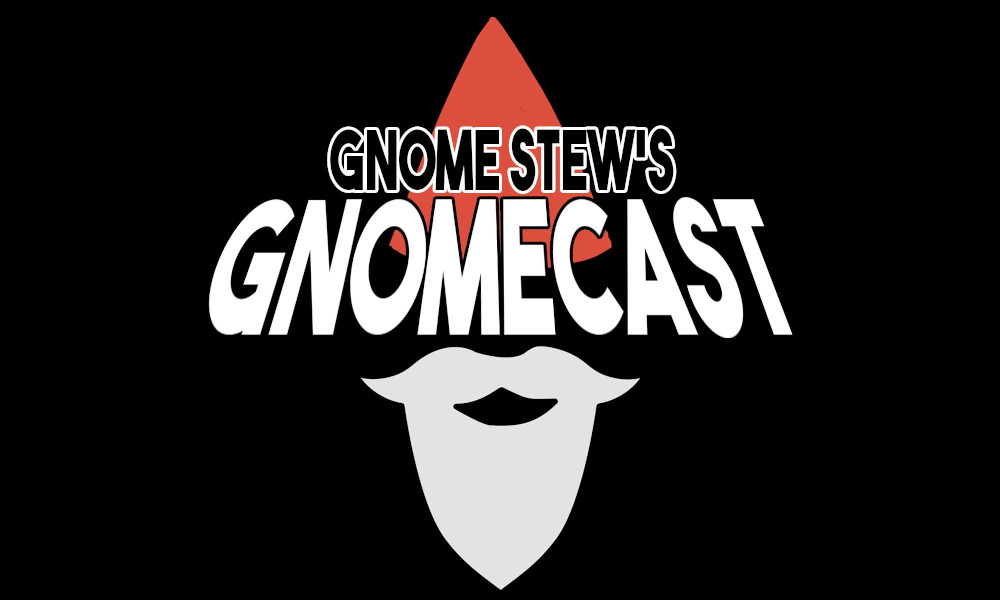
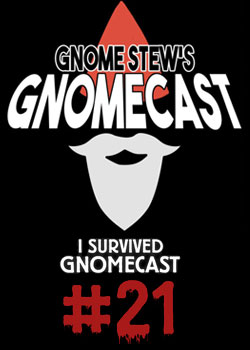










My group have actually started shopping around for a new system, and I’m finding games that have quick starts are already my favourites as we want to try a few things out and see where we land, so keeping things simple (and affordable) is super handy for me as the GM! We’ve already gathered a list of games we own between us and picked the ones we most want to explore and we’re just going through them and chatting about what we do and don’t like as we go.